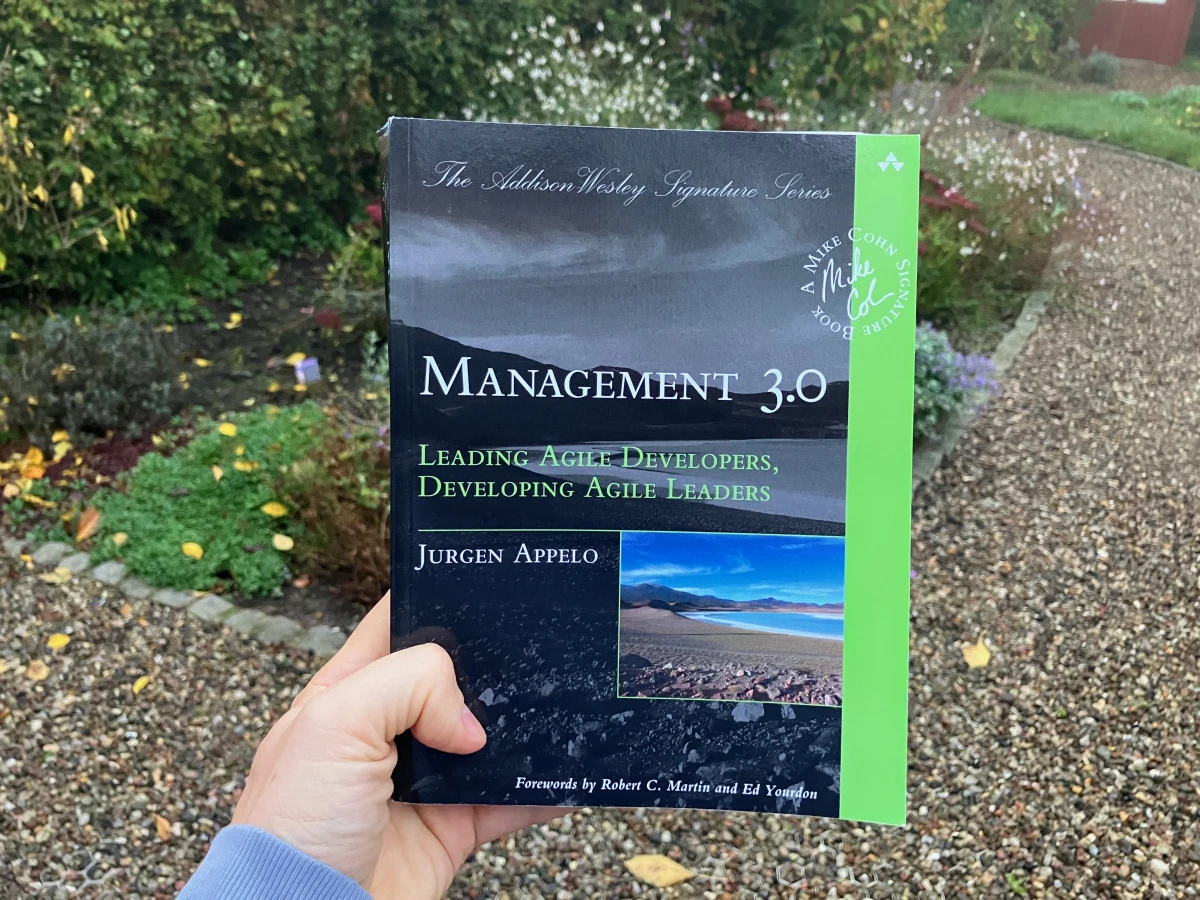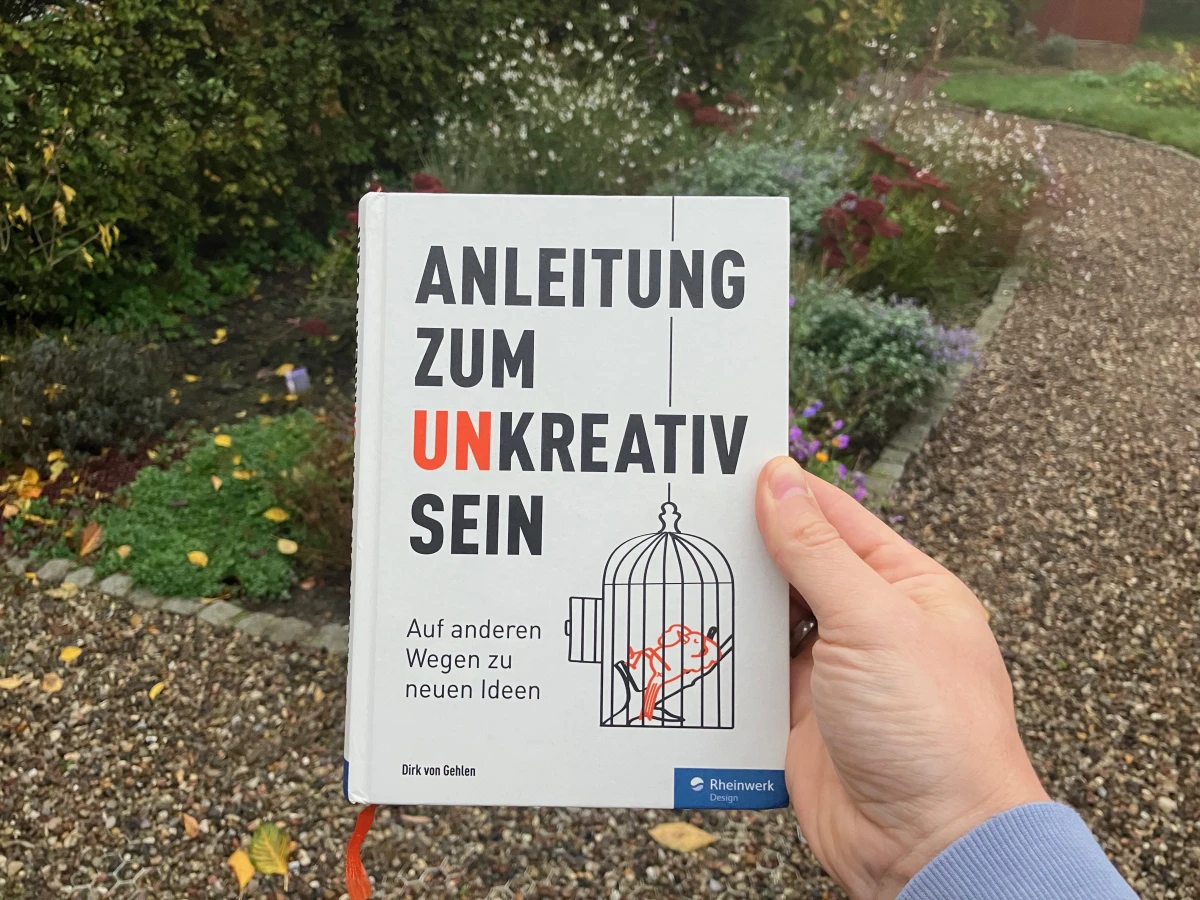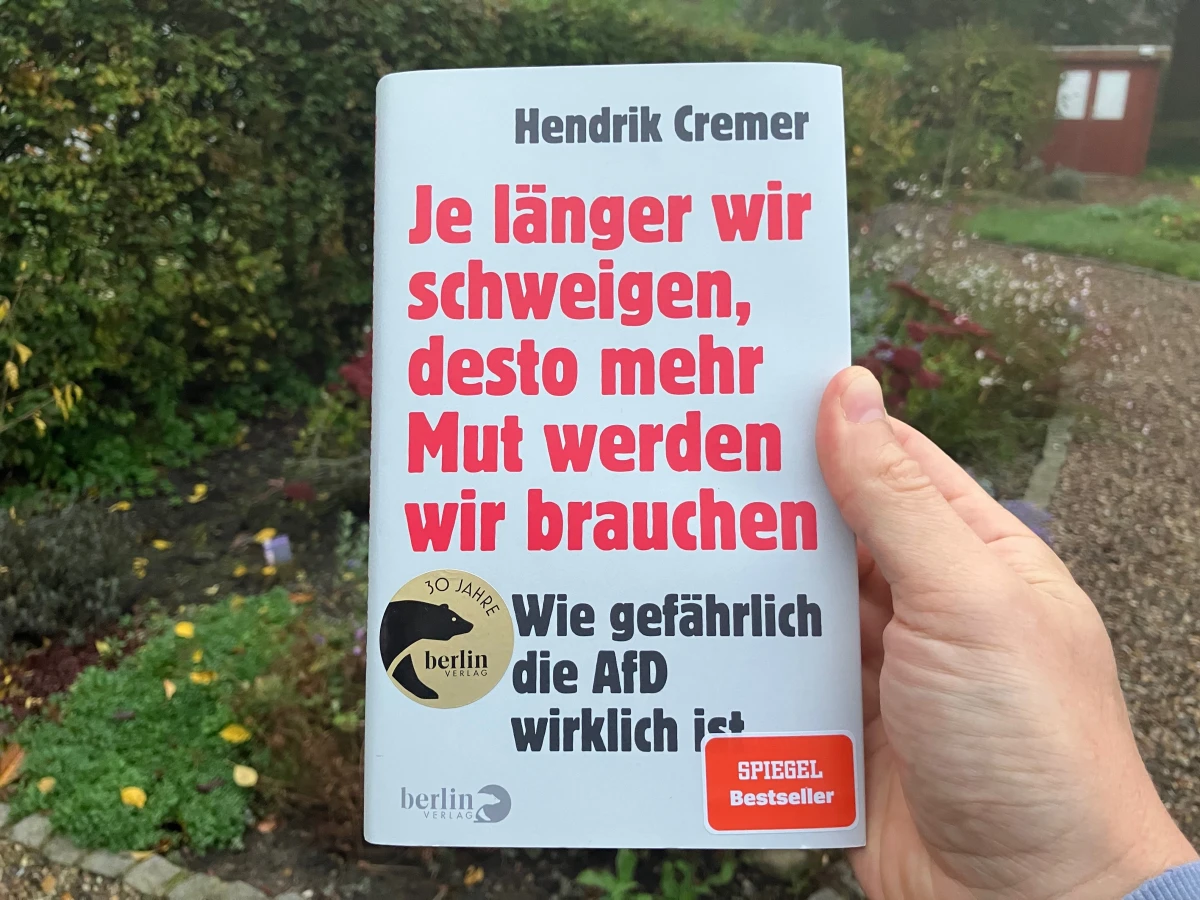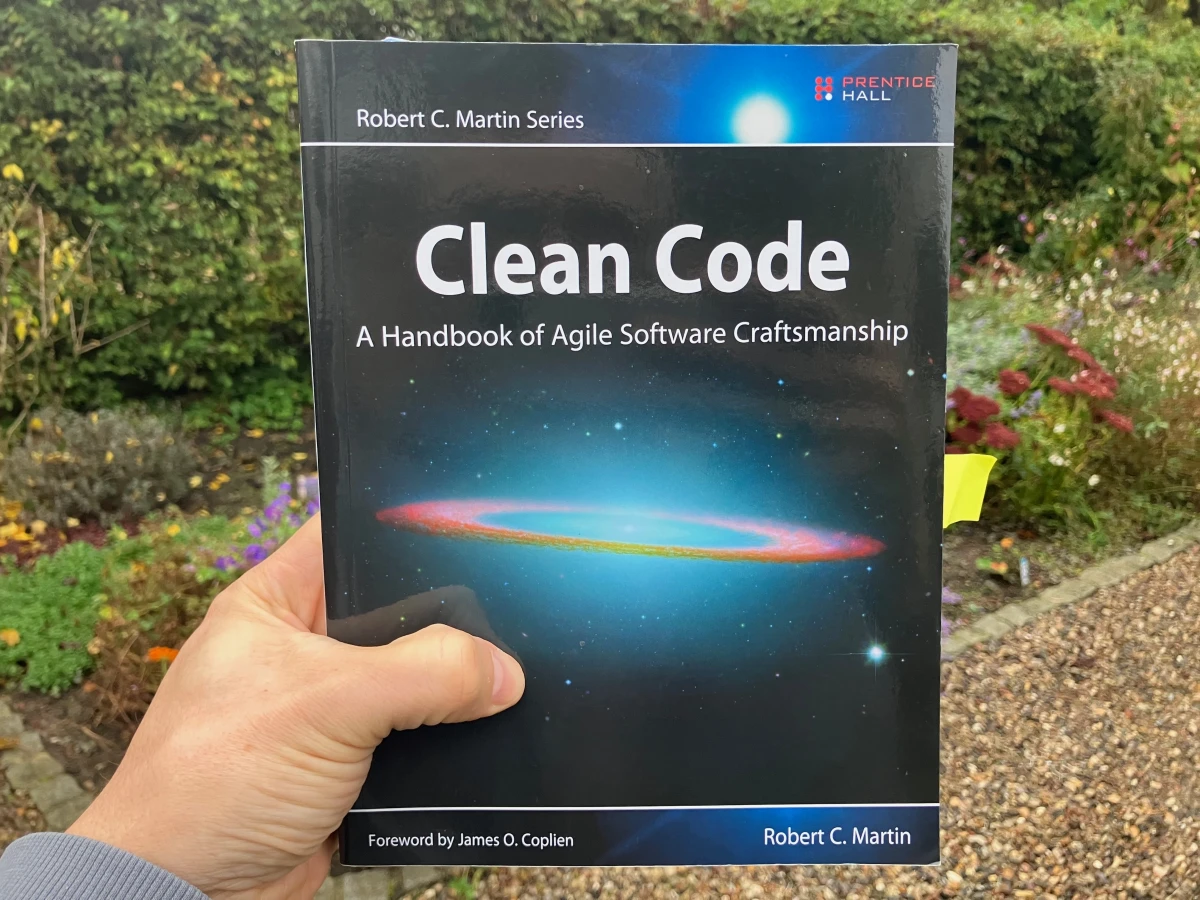Newsletter #002 - Book Challenge No. 6 to 10
This newsletter is also the last one of this year. The world is turning fast. Time to slow down and find time for some new books. You will read about my reasons for choosing books 6 to 10 from my Book Challenge and get an insight into two new podcast episodes and the best-of-link collection. Hopefully, this will provide you with some reading stuff to relax.

Book Challenge part 2 of 4
In the previous newsletter, I started to explain book selections 1 to 6 of my challenge. Now, we continue directly with books 6 to 10.
Book 6 - Management 3.0
The book Management 3.0 by Jurgen Appelo was recommended to me by Frank Meies, "Head of IT" at eTracker. I asked him one of my favorite questions: “Which book would you recommend to me?” He chose this book back in 2016. My freelance work on-site showed that his department functioned and acted differently. After reading the book, I understood why.
Appelo offers a fascinating approach that overcomes traditional hierarchies and functions in companies. The author emphasizes the importance of self-organization, autonomy, and collective intelligence. His work reads as an instruction manual on how companies can be successful in a dynamic world. Appelo shows that management is not only a "game" with power and authority but also a way to empower people and see them as partners.
The book helped me to bring together the world of management and leadership as a developer using agile principles. What particularly stuck was the explanation of why it should be called “Team Growth” and not “Team Building.” In my opinion, living such subtleties and establishing them in your own company make the central difference - appreciating comes before creating value!

Book 7 - Anleitung zum Unkreativ sein
During retros at konzentrik, the situation repeatedly came up that we found it difficult to create something new. My colleague Maurice recommended that our team read “Instructions for Being Uncreative” by Dirk von Gehlen so that we could then discuss the topic again. Over a long period, the book ultimately bore fruit - I create content and know that creativity can be learned.
The ironic approach with the inserts before each chapter not only put a smile on my face but also made it very clear how wrong my perspective was. I have often found myself trying to find strategies to successfully prevent creativity. In addition to this change of perspective, Dirk offers a variety of exercises and approaches to break out of old patterns.

Book 8 - Je länger wir schweigen, um so mehr Mut werden wir brauchen
Never again is now - and to understand this even more clearly, my son wanted this book for his birthday. Luckily, when this book came with me on vacation in Sweden, I took the time to read it. As is often the case, the truth is painful and frightening. Hendrik Cremer shows why, in his view, the AxD is a right-wing extremist.
I would like to point out here: be loud against the right-minded people now, inform yourself if you need arguments for the "I'm not a Nazi, but..." discussions. Take a clear position in the everyday situations in which you find yourself. Don't let the supposedly funny, right-wing jokes stand in the room, instead, confront people.

Book 9 - Die 4-Stunden-Woche
Of course, I couldn't avoid this classic by Timothy Ferriss. As soon as reading books from the management and optimization area, the 4-hour week is quickly on the recommendation list. I think a Blinkist or other summary of this book is enough because it cuts out the self-congratulation and brings out the essence.
The book is on my list because, like many other books on this list, it gave me a change of perspective. In this specific case, there are a few quotes and a special point of view I want to highlight. The two quotes first:
Even if you do something unimportant well, it doesn't become something important
and
The fact that a task takes a lot of time doesn't make it important.
The perspective I have adopted relates to the question of what is work and what is not. Combined with the 4-hour workweek approach, I only count work as work that I don't enjoy doing but needs to be done to do the pleasant work things (aka quality time). I have already examined the topic in an article about working and quality time.

Book 10 - Clean Code
As a software developer and architect, I can't avoid Robert Martin's classic. The author presents a clear and structured guide to writing code that is easy to read, understandable, and maintainable. Martin emphasizes the importance of uniformity, consistency, and readability in code structure. He shows how to avoid mistakes and solve problems by applying simple principles such as the Single Responsibility Principle (SRP), Open-Closed Principle (OCP), and Don't Repeat Yourself (DRY). For the latter, be sure to read my link recommendation number four, which combines DRY with the WET (Write everything twice) principle.
I like Robert's book because it is practical and provides numerous examples from the author's experience. I always keep the approaches in mind when developing to deliver the necessary code quality for the respective (software) problem.
Small side note: There are many other good books about clean code, but "Clean Code" by Robert Martin is a classic in this area.

Link recommendations
Habits of passionated developers
This article lists small and incredibly important habits that every software developer should adopt. At least the one who takes his/her job and his/her passion seriously.
UUID alternatives
The article contains various UUID alternatives, such as KSUID (K-Sortable Unique Identifier), ULID (Universally Unique Lexicographically Sortable Identifier), or NanoID. The list explains the advantages and disadvantages—a good source for cloud architects to read.
Kirby Plugin for OG-Images
The Kirby Plug-In OG image by Maurice Renck is finally live - with it, you can easily extend your website with a social media image - of course, only if you built a website with the top CMS Kirby ;)
DRY vs. WET
Who doesn't know it: DRY (Don't repeat yourself). Misused it leads to abstraction, which is more work than good. That's why I advocate WET (Write everything twice). Clarity emerges the third time after the code has been copied and applied twice. The article explains this comprehensively and in detail.
Server Side Stories
In case you missed the latest episodes of my podcast, I recommend checking it out. Find some details here:
- Episode 3: Git and SemVer - a beginners guide to an automatic releases workflow.
- Episode 4: our experience with agile framework - changes and challenges within the last 15 years
You can subscribe to the podcast at Spotify and Apple Podcast.
Thanks for being a reader of my newsletter.
Have a wonderful Christmas time, and see you next year – Mark.